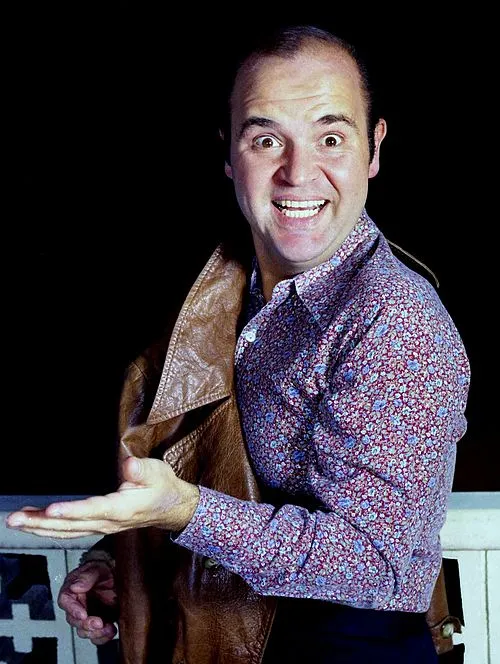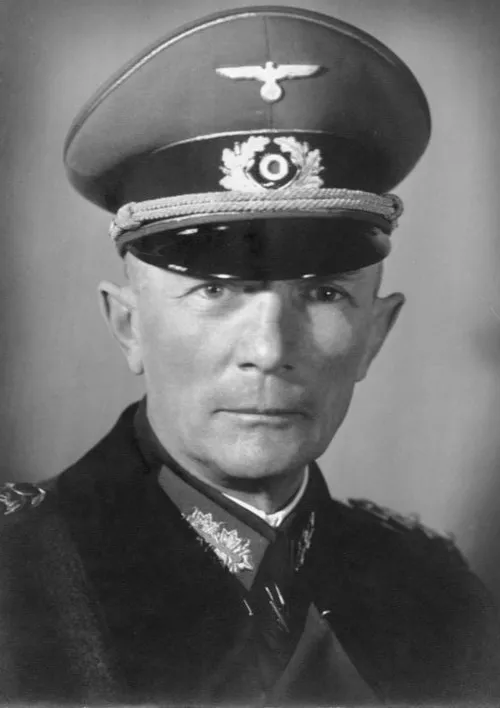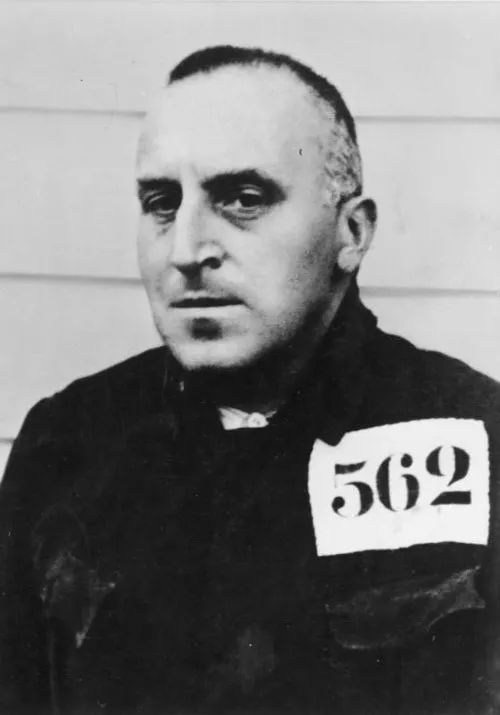
Name: Christian de Duve
Nationality: English-Belgian
Field: Cytology and Biochemistry
Notable Achievement: Nobel Prize laureate
Year of Birth: 1917
Year of Death: 2013
Christian de Duve: A Life of Discovery and Legacy
In the quiet corridors of a laboratory, under the flickering fluorescent lights, a young Christian de Duve embarked on a journey that would redefine our understanding of cellular biology. Born in 1917 in Thames Ditton, England, his early years were marked by an insatiable curiosity about the natural world a trait perhaps inherited from his father, who was an engineer and instilled in him a love for science. However, it was not until he moved to Belgium that he found his true calling in cytology and biochemistry.
The formative years of World War II cast a long shadow over Europe, yet they also served as a crucible for brilliant minds like de Duve. As he pursued his studies at the Université catholique de Louvain, the tumultuous environment forced many students to adapt rapidly or abandon their dreams entirely. De Duve chose resilience; he persevered through these challenges and eventually earned his medical degree in 1941.
Yet it was during these trying times that perhaps one of his most significant decisions came into play he opted to delve deeper into research rather than practice medicine. This choice led him into uncharted territory within cell biology. In 1955, as he worked at the Université libre de Bruxelles, Christian made an extraordinary discovery: he identified lysosomes tiny cellular organelles crucial for breaking down waste materials within cells. Ironically, this fundamental breakthrough went largely unnoticed at first; however, its implications would ripple through decades of biological research.
De Duve’s work on lysosomes did not just stop at discovery; it opened doors to numerous avenues of research that explored their role in various diseases such as Tay-Sachs disease and certain types of cancer. Historians recount how this revelation transformed how scientists viewed cellular metabolism and health a fundamental shift akin to finding hidden treasure beneath layers of sediment.
Despite facing skepticism from parts of the scientific community initially resistant to new ideas about cellular processes and let’s face it; innovation often meets with doubt de Duve’s persistence paid off when he shared the Nobel Prize in Physiology or Medicine with Albert Claude and George E. Palade in 1974 for their collective work on organelles within cells. At this momentous occasion celebrated worldwide de Duve stood before peers as living proof that one could make significant contributions even against considerable odds.
The Nobel Prize ceremony itself was nothing short of cinematic! Imagine hundreds gathered together the air thick with anticipation as winners took center stage amidst clinking glasses filled with champagne celebrating groundbreaking discoveries! Perhaps one could argue this marked not only personal victory for de Duve but also underscored a larger narrative regarding human ingenuity prevailing amidst adversity.
However triumphant moments are often intertwined with struggles; following this peak experience came challenges unique unto themselves! After receiving global recognition due to accolades associated with his name it became imperative for him further navigate academia carefully balancing both fame & expectations set forth by peers aspiring towards similar heights!
This complex dance saw him take up influential roles including serving as director at various prestigious institutions including Rockefeller University & later returning full circle back home leading efforts developing Belgian National Fund for Scientific Research contributing towards fostering environments nourishing emerging talent!
The weightiness surrounding accolades received never overshadowed Christian’s commitment toward nurturing future generations passionate about scientific inquiry! His dedication reverberated throughout university halls where students marveled not just at innovative techniques showcased but also vibrant enthusiasm radiated by professors like himself enthusiastic regarding subjects dear unto them!
As time marched forward into new millennium shadows loomed over legacy established already laid foundations waiting patiently awaiting others eager rise fill voids exist perhaps spurred someone witnessing firsthand transformative power science possesses enrich lives many unimaginable ways!
Early Life and Education
Raised in a family with a strong educational background, de Duve pursued his medical studies at the University of Louvain, Belgium, graduating in 1941. His academic journey did not pause during World War II; instead, he leveraged his time by diving into biochemistry at the same university, ultimately earning a doctor of science degree in 1946.
Scientific Contributions
De Duve's most notable contribution came in the 1950s when he discovered lysosomes organelles often termed the "stomach" of the cell due to their role in breaking down waste materials. This discovery was monumental, earning him the Nobel Prize in Physiology or Medicine in 1974, which he shared with George E. Palade and Albert Claude.
Throughout his research career, de Duve focused on the structures and functions of cells, uncovering vital information about how cellular compartments work together. His seminal findings helped lay the groundwork for molecular biology, influencing subsequent generations of scientists.
A Legacy of Innovation
In addition to lysosomes, de Duve also made significant contributions to our understanding of peroxisomes and the biochemistry of cellular energy metabolism. His work opened various avenues, including research on diseases related to lysosomal dysfunction such as Tay-Sachs and Gaucher’s disease.
Beyond his laboratory work, de Duve was a passionate educator and mentor. He served as a professor at the Université catholique de Louvain and published numerous articles that inspired new research and development in cell biology. His ability to articulate complex scientific concepts made him a beloved figure among students and colleagues alike.
Later Years and Recognition
Even after retiring from active research, de Duve remained influential in the scientific community. He was an ardent advocate for the responsible use of scientific discoveries in addressing global issues. His commitment to science education and ethical scientific research left a lasting impact on the fields of medicine and biochemistry.
In recognition of his substantial contributions, de Duve received various honors and awards. He was elected to several prestigious organizations, including the Royal Academy of Sciences and Arts of Belgium.










